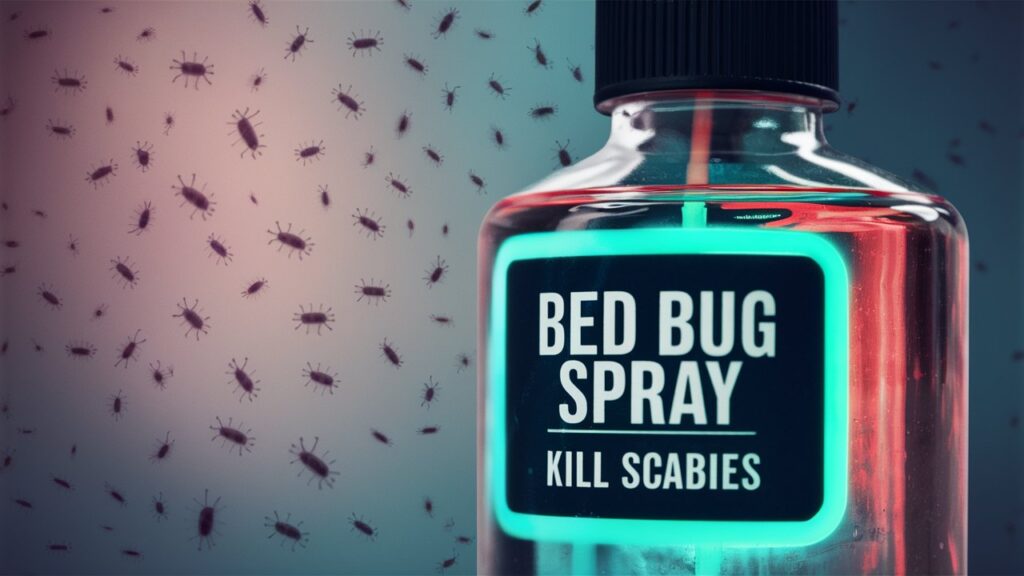When dealing with scabies infestations, individuals often seek various methods to eradicate these pesky mites. One common question that arises is whether bed bug spray can effectively kill scabies. In this comprehensive guide, we will explore the efficacy of bed bug sprays in eliminating scabies and provide insights into alternative solutions to combat these irritating mites.
Recommended Best Bed Bug Spray 2024-2025
| Recommendation | Product |
| Best Overall | Ortho Home Defense Max Bed Bug |
| Popular Choice | HARRIS White Label Bed Bug Killer |
| Best Value | Rockwell Labs Cimexa Dust Insecticide |
| Best Budget | EcoVenger Bed Bug Killer |
| Another Excellent Pick | Hygea Natural Bed Bug Spray |
Understanding Scabies and Bed Bug Sprays
Scabies, caused by the Sarcoptes scabies mite, is a highly contagious skin infestation characterized by intense itching and a pimple-like rash. On the other hand, bed bugs are small, reddish-brown insects that feed on the blood of animals and humans, causing itchy bites and potential allergic reactions.
Bed bug sprays are specifically formulated to target and eliminate bed bugs from infested areas. These sprays often contain insecticides such as pyrethroids, which are designed to disrupt the nervous system of bed bugs, leading to their demise.
The Effectiveness of Bed Bug Spray on Scabies
While bed bug sprays are effective against bed bugs, their efficacy in eradicating scabies is limited. Scabies mites burrow into the upper layer of the skin, making it challenging for traditional bed bug sprays to reach and eliminate them effectively.
Furthermore, scabies mites require specific treatment approaches, such as topical medications and disinfectants, to address the infestation comprehensively. Therefore, relying solely on bed bug sprays to combat scabies may not yield the desired results.
Alternative Solutions for Scabies Treatment
Given the challenges associated with using bed bug sprays for scabies infestations, it is essential to explore alternative solutions to effectively manage and eliminate these mites.
1. Topical Treatments:
Prescription-strength topical medications, such as permethrin cream, are commonly used to treat scabies. These medications are directly applied to the skin to kill the mites and their eggs, providing effective relief from the infestation.
2. Environmental Disinfection:
Disinfecting living spaces and personal belongings is crucial in preventing the spread of scabies. Washing bedding, clothing, and towels in hot water and using disinfectant sprays, specifically formulated for scabies, can help eliminate mites from the environment.
3. Medical Consultation:
Seeking guidance from a healthcare professional is imperative when dealing with scabies. Dermatologists can provide tailored treatment plans and recommend appropriate medications to address the infestation effectively.








